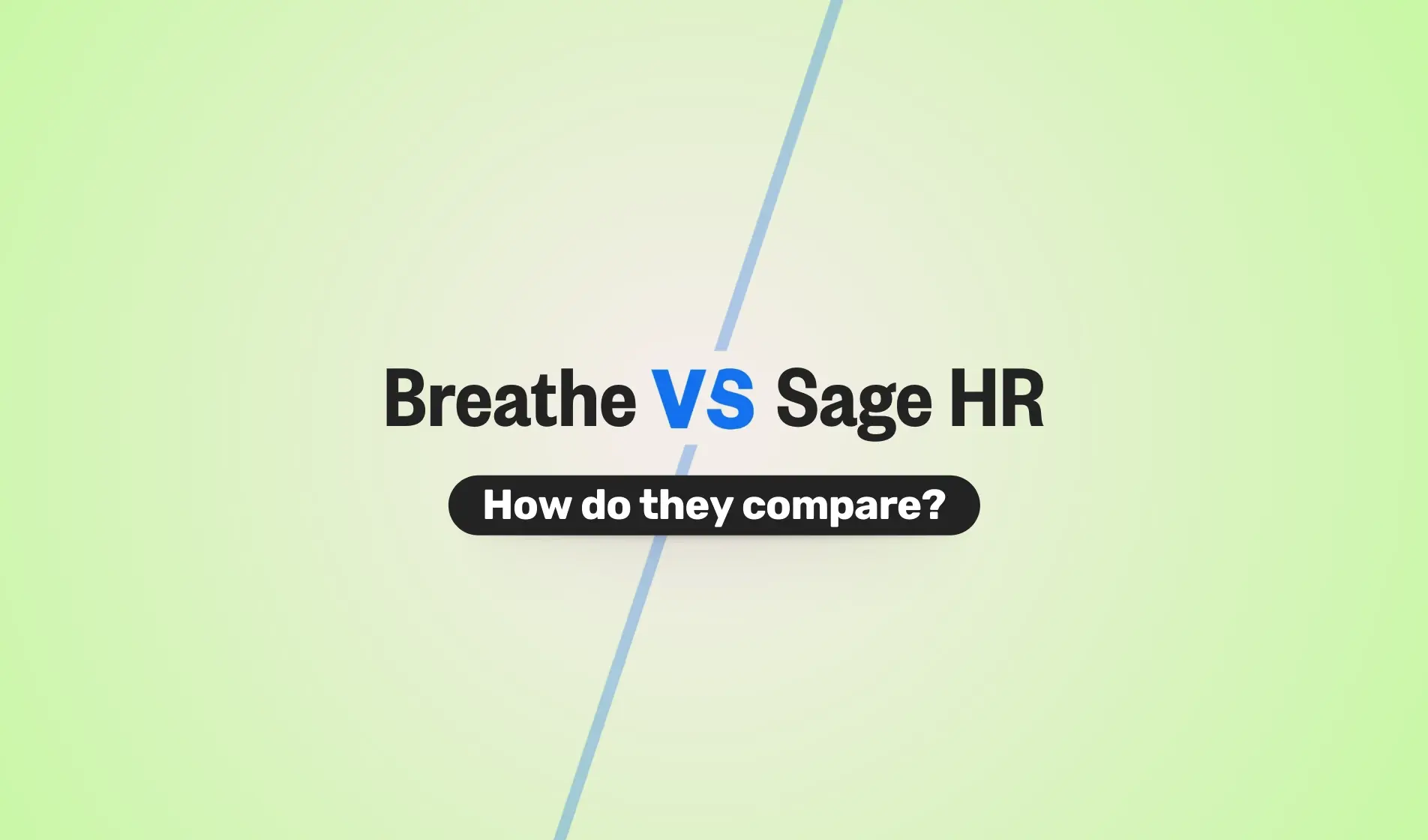When you employ any staff, whether temporary or permanent, full or part-time, it’s a good idea to have a contract in place that lays out roles, responsibilities and rights.
Not only does this offer clarity and protection for your employees, but it offers the same for your business.
What is an employment contract?
An employment contract is a written agreement between employer and employee. It explains the relationship between employee and employer, what the basis of that relationship is, roles, responsibilities and any conditions attached.
When does an employment contract start?
It starts as soon as an offer as employment is accepted. An employee is deemed to have accepted the terms and conditions when they start work, even if they haven’t yet seen them.
An employment contract doesn’t need to be written down to be legally valid, but an employee is entitled to a written statement of the main terms within two months of starting a job. Having a written document from the start however, can help avoid confusion down the line.
You and your worker are bound by the terms of the agreement until either the terms are changed (which has to be mutually agreed by both parties) or the contract ends (usually by the employee giving notice).
Which terms are legally binding?
A legally binding employment contract or statement of employment will contain the following information initially with the possibility of further information being added in instalments.
- Names and addresses of the employer and employee
- Date on which employment began
- Job title and responsibilities/duties of the employee
- Rate of remuneration and how it is paid e.g. weekly, monthly etc.
- Terms and conditions relating to hours of work, working location, overtime, normal working hours and so on
- Terms and conditions relating to entitlement to holiday and holiday pay, as well as what happens with regards to bank holidays. These should be presented in a way which allows them to be precisely calculated. In other words, you can’t be vague about these.
Terms that are legally binding (but can be added in instalments)
Other terms can be introduced in instalments once someone is already working for you and these would include the following things:
- Any terms and conditions relating to sickness, sick pay and whether it is provided for or not, and incapacity due to injury.
- If you have a pension scheme, any terms related to pensions and contributions
- The procedure if an employee wants to end their employment – period of notice that must be given and how.
- If the employment isn’t permanent, then the date on which the employment will finish. For example, if it is a fixed term contract.
- Redundancy pay and procedure
Which terms are not legally binding?
As well as terms that are expressly contained in a contract there are terms which are either implied or don’t have the same legal force. Generally speaking, in a court of law express terms will always override an implied term but there are some instances where this is reversed:
- Any collective agreements which could directly affect the employee – these could be agreements with employee representatives or trade unions who can negotiate things like pay, hours and working conditions. These agreements are not normally legally binding between the parties unless in writing and stated to be so. However, they can have legally binding consequences if you incorporate them into your employees’ contracts.
- Terms that are so obvious as to not need to be written down. These terms are implied, but you don’t normally need to state them in writing. For example, an employee will not steal from his or her employer, an employee has a duty of care to maintain trust and confidence,
- Terms that are implied for business efficacy. For example, if a member of staff is employed as a driver it is implied they will hold a driving licence to be able to fulfil their role.
- Other terms have come about through custom and practice. For example, an employee’s right to receive a bonus if bonuses have been paid every year for many years and are a well-known benefit to your employees or that a business closes for a particular period every year and staff are given paid holiday for that period.
- Terms implied by statute – Some legislation gives the employee minimum rights. If these aren’t expressly laid out in a contract or an employer attempts to reduce an employee’s rights to below these minimum standards, then the statutory terms will apply. For examples, minimum notice period for termination of employment or equal pay terms.
Employment law and contracts can be complicated, and it’s important to make sure both you and your employees are sufficiently covered (to avoid potential disputes down the line).
If you don’t have thorough contracts in place, you could be at risk of a constructive or unfair dismissal claim. It’s a always a good idea to speak to a HR professional or legal expert to make sure your contracts are comprehensive.
Breathe's employment contracts guide contains free templates that can help you to get started with employment contracts for your team.
Find out how Breathe can help you to store your different types of employee records today.
.webp)
Author: Sarah Benstead
Sarah is a Product Marketing Specialist here at Breathe. Always innovating, she loves writing about product releases in an engaging & informative way. When she's not coming up with new ideas, she enjoys long walks with her dog, Clifford.





